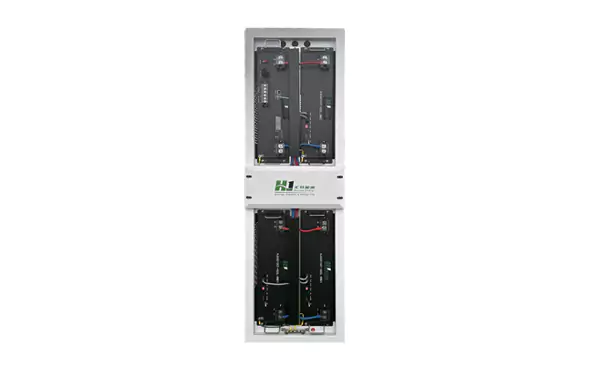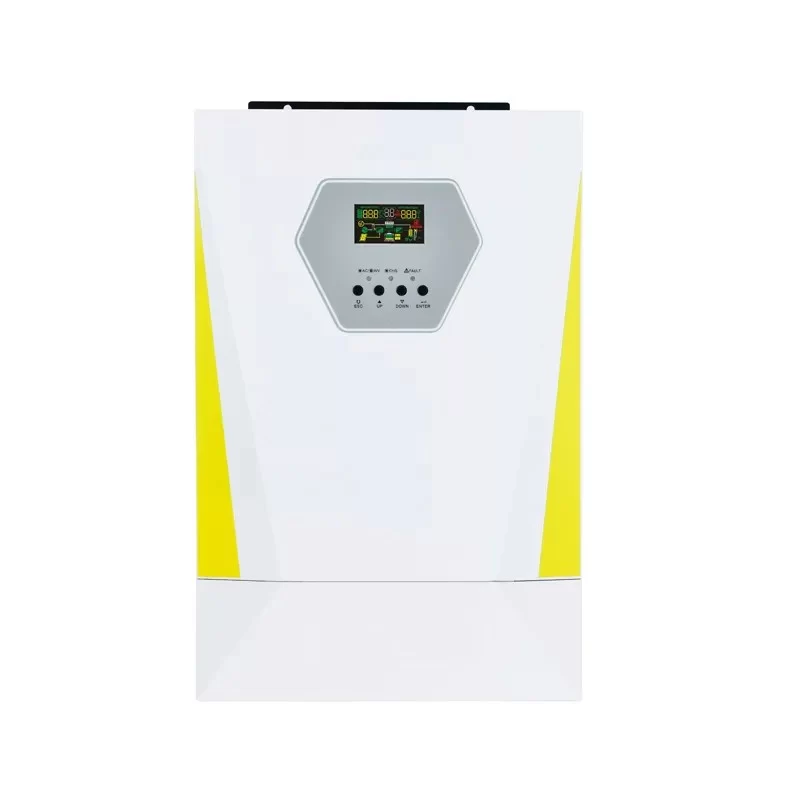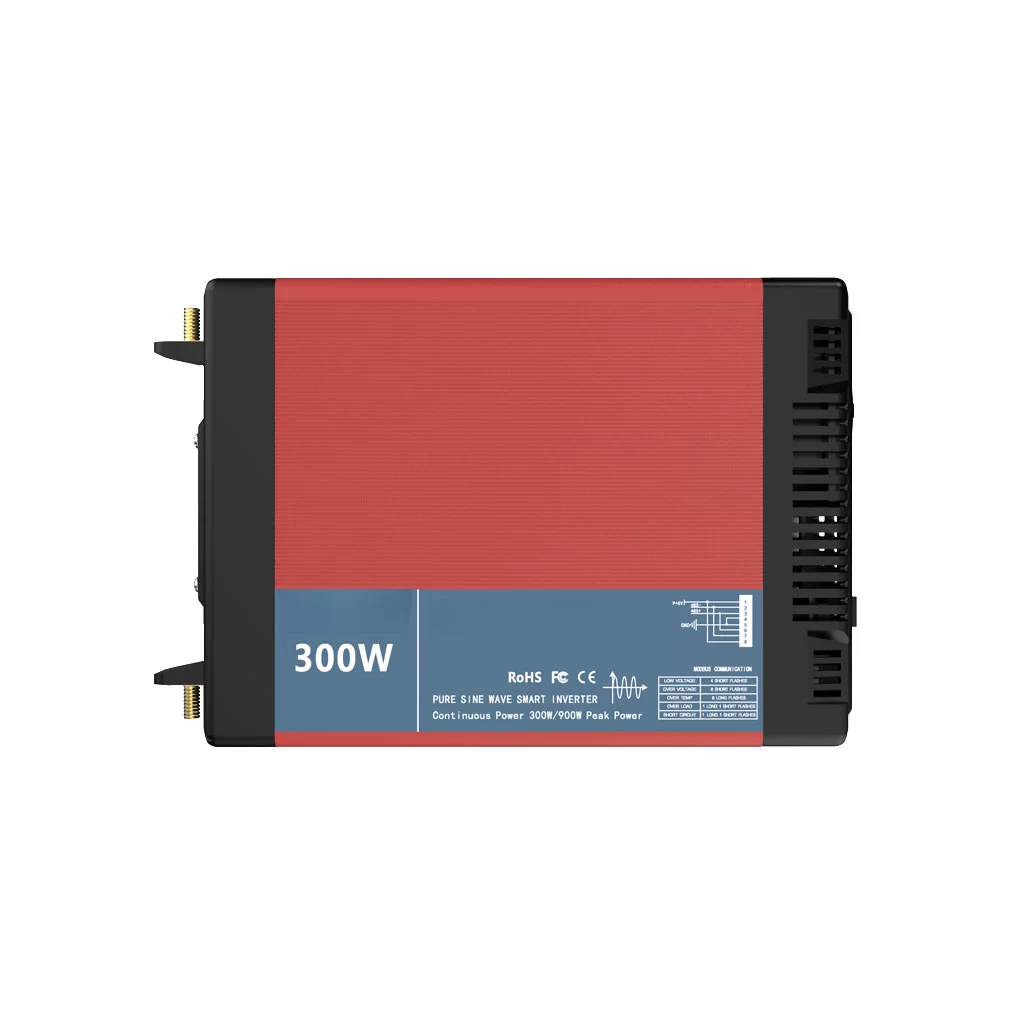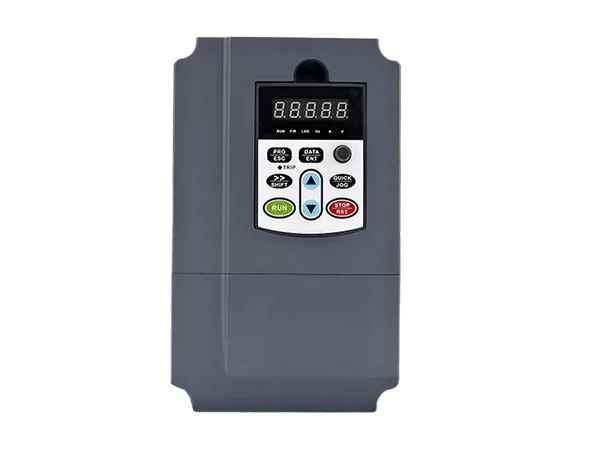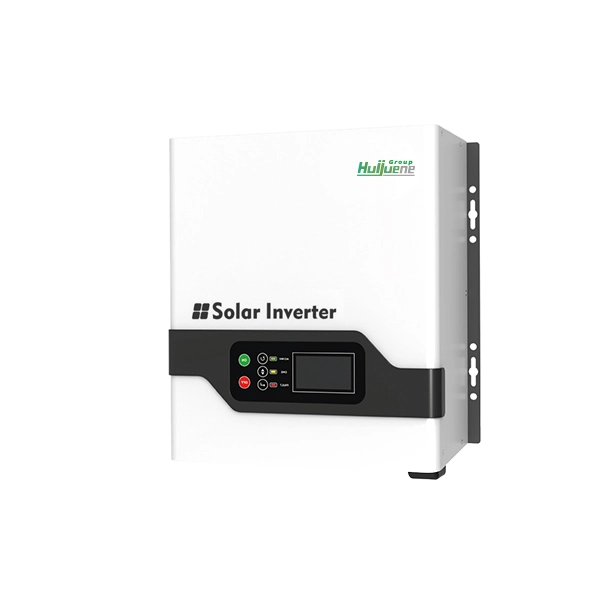Get A Quote Now!
Top 7 Benefits of Modular Battery Inverters for Efficient Energy Management
Modular battery inverters offer a range of advantages that make them an attractive option for modern energy storage and management systems, especially in renewable energy applications. Here are some key benefits:
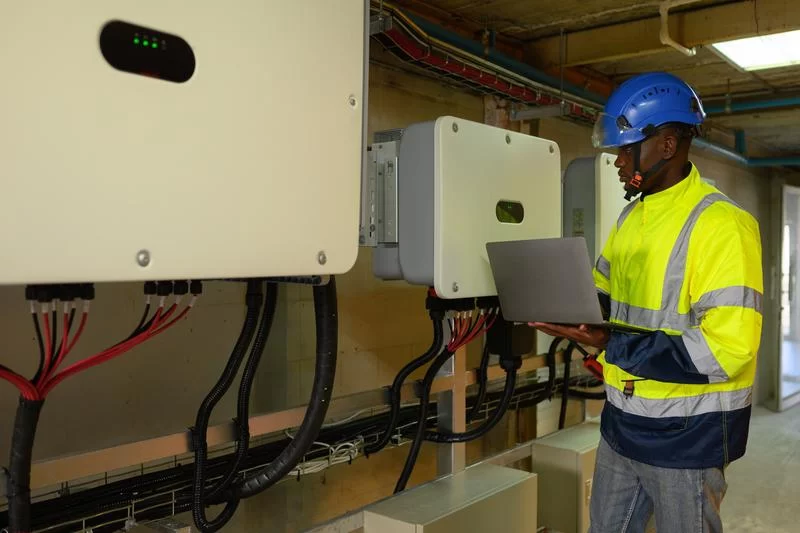
1. Scalability and Flexibility
Modular battery inverters are designed to be easily scaled. This means that as energy needs grow, additional modules can be added to increase the system’s capacity without requiring a complete overhaul. This flexibility is particularly valuable in applications where energy demands are expected to fluctuate or grow over time, such as in commercial or industrial settings.
2. Enhanced Reliability
In a modular system, each inverter module operates independently, which means that the failure of one module does not bring down the entire system. This redundancy increases the overall reliability of the system, ensuring continuous operation even if individual components fail. This is particularly important in critical applications like data centers or hospitals where uninterrupted power supply is essential.
3. Improved Efficiency
Modular battery inverters can be more efficient because they allow for better energy management. By distributing the load across multiple inverters, the system can operate closer to its optimal efficiency point. This is particularly beneficial in systems that experience variable loads, as it reduces energy losses and improves the overall efficiency of the energy storage system.
4. Easier Maintenance and Lower Downtime
With modular inverters, maintenance is more straightforward. If a module needs servicing or replacement, it can be done without shutting down the entire system. This reduces downtime and maintenance costs, as service can be conducted on individual modules while the rest of the system remains operational.
5. Cost-Effectiveness
While the initial cost of a modular system might be higher than a traditional centralized system, the long-term cost savings from increased efficiency, reduced downtime, and easier maintenance can make modular systems more cost-effective over time. Additionally, modular systems allow for incremental investment, enabling businesses to spread out costs as they expand their energy storage capacity.
6. Adaptability to Different Applications
Modular battery inverters are highly adaptable to a wide range of applications, from residential and commercial to large-scale industrial and utility-scale energy storage. This adaptability makes them a versatile choice for various energy storage needs, particularly in systems that integrate renewable energy sources like solar or wind.
7. Optimized Space Utilization
Since modular systems can be expanded vertically or horizontally, they offer greater flexibility in terms of space utilization. This is particularly beneficial in environments where space is at a premium, allowing for the installation of additional modules as needed without requiring significant changes to the existing infrastructure.
Conclusion
Modular battery inverters provide significant advantages in scalability, reliability, efficiency, and cost-effectiveness. These benefits make them an ideal choice for modern energy storage solutions, particularly in systems that require flexibility and adaptability to changing energy demands. Whether used in residential, commercial, or industrial applications, modular battery inverters offer a future-proof solution that can grow and adapt alongside evolving energy needs.

